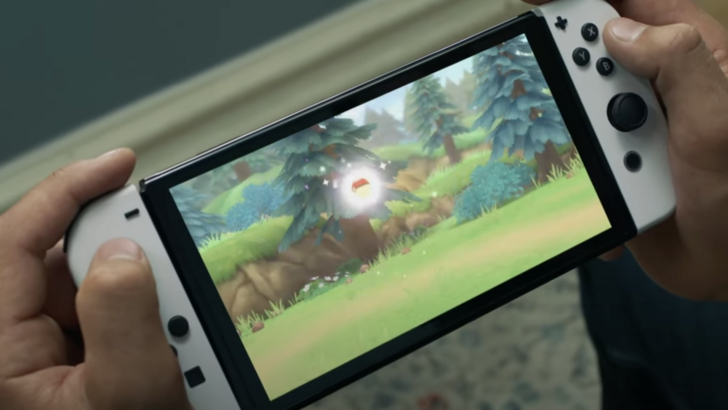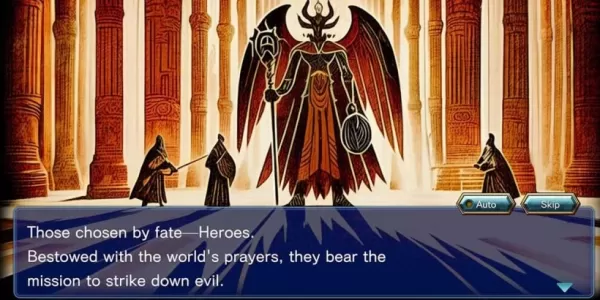How Monster Hunter Took Over the World
Before its global launch, *Monster Hunter Wilds* shattered pre-order records on Steam and PlayStation, following the phenomenal success of *Monster Hunter Rise* (2022) and *Monster Hunter: World* (2018). This cemented Capcom's unique RPG series as a major player in the global video game market – a remarkable achievement considering its humble beginnings.
Less than a decade ago, such global popularity would have been unthinkable. The original 2004 release received mixed reviews. It wasn't until the 2005 PSP release, *Monster Hunter Freedom*, that the series truly took off, albeit primarily in Japan.
For years, *Monster Hunter* was a quintessential example of a Japanese gaming phenomenon. While the reasons were multifaceted, as this story will reveal, Capcom relentlessly pursued international success. *Monster Hunter: World*, *Rise*, and now *Wilds* prove this persistent effort paid off handsomely.
This is the story of *Monster Hunter*'s journey from domestic darling to global powerhouse.
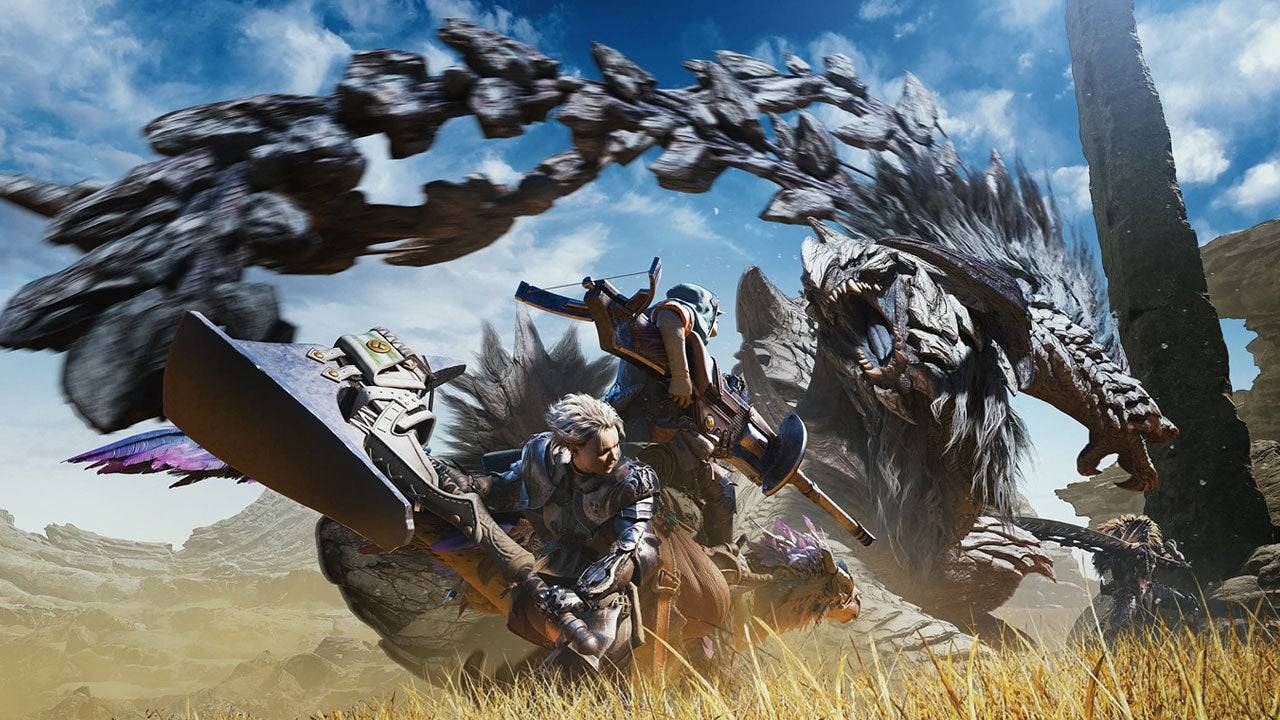
Around the launch of *Street Fighter 5* in 2016, Capcom underwent a significant internal restructuring to prepare for a new generation of games powered by the RE Engine, replacing the aging MT Framework. This wasn't just a technological shift; it signaled a commitment to creating games for a global, not just a regionally-specific, audience.
"Several factors converged," explains Hideaki Itsuno, a former Capcom game director known for *Devil May Cry*. "The engine change and a clear mandate for all teams to create globally appealing games – fun for everyone."
Capcom's PS3 and Xbox 360 era games often seemed to chase Western gaming trends, with varying success. *Resident Evil 4* was a hit, but titles like *Umbrella Corps* and the *Lost Planet* series fell short. Capcom realized the need for broader appeal.
"We focused intently on making great games with global reach," Itsuno says. "The organizational and engine changes coalesced around 2017," he adds, noting *Resident Evil 7*'s launch as a pivotal moment in Capcom's resurgence.
No series embodies this global ambition more than *Monster Hunter*. While it had a dedicated Western fanbase, it was significantly larger in Japan. This wasn't inherent to the series' design, but rather a consequence of several factors.
The PSP release, *Monster Hunter Freedom Unite*, proved crucial. Handheld gaming has always been stronger in Japan, and the PSP, along with the DS and Switch, thrived there. According to executive producer Ryozo Tsujimoto, Japan's advanced wireless internet infrastructure enabled reliable online play with friends – a key advantage years ahead of the West.
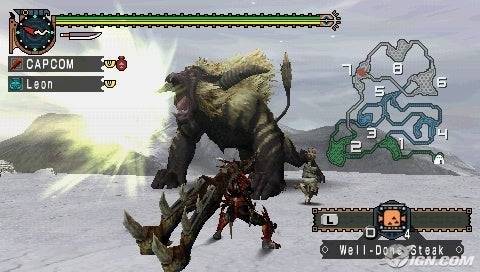
"Twenty years ago, Japan had robust network infrastructure, facilitating online multiplayer," Tsujimoto explains. "Moving to handhelds fostered a larger, interconnected player base." This cooperative aspect of *Monster Hunter* was ideally suited to handhelds, creating a self-reinforcing cycle.
The success in Japan led to Japan-exclusive content and events, further solidifying its image as a primarily Japanese franchise. Western fans watched enviously.
However, as Western internet infrastructure improved, Tsujimoto saw an opportunity. *Monster Hunter: World* (2018), released simultaneously worldwide on PS4, Xbox One, and PC, was a game-changer. It offered AAA console-quality visuals, larger environments, and bigger monsters.
"The name, *Monster Hunter: World*, reflects our intention to appeal to a global audience," Tsujimoto reveals. Simultaneous worldwide release and the absence of Japan-exclusive content were crucial steps.
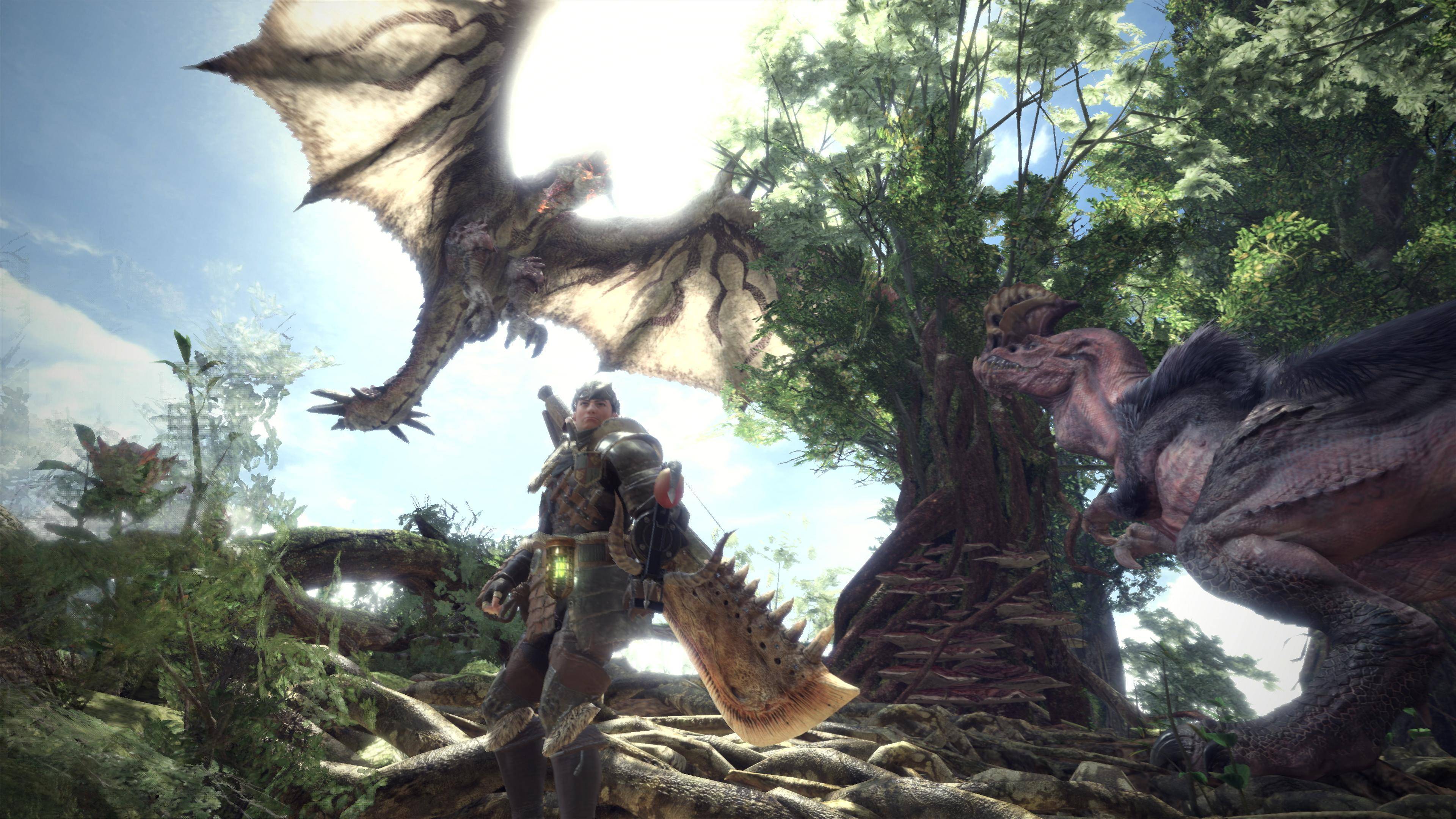
Extensive playtesting worldwide informed design decisions. A simple change – displaying damage numbers – proved impactful. *Monster Hunter: World* and *Rise* (2022) both surpassed 20 million copies sold, a stark contrast to previous sales figures (1.3 to 5 million).
This wasn't accidental. Instead of altering *Monster Hunter*'s core, Capcom focused on making its unique aspects more accessible. This strategy continues with *Wilds*.
"At its core, *Monster Hunter* is an action game," Tsujimoto explains. "We analyze where players struggle, gather feedback, and use that knowledge to improve the experience. This is reflected in *Wilds*."
Within 35 minutes of release, *Monster Hunter Wilds* hit 738,000 concurrent players on Steam, exceeding *World*'s peak. With positive reviews and promised future content, *Wilds* is poised to surpass even *World* and *Rise*'s success, continuing *Monster Hunter*'s global conquest.
-
1
![Roblox Forsaken Characters Tier List [UPDATED] (2025)](https://imgs.ksjha.com/uploads/18/17380116246797f3e8a8a39.jpg)
Roblox Forsaken Characters Tier List [UPDATED] (2025)
Mar 17,2025
-
2
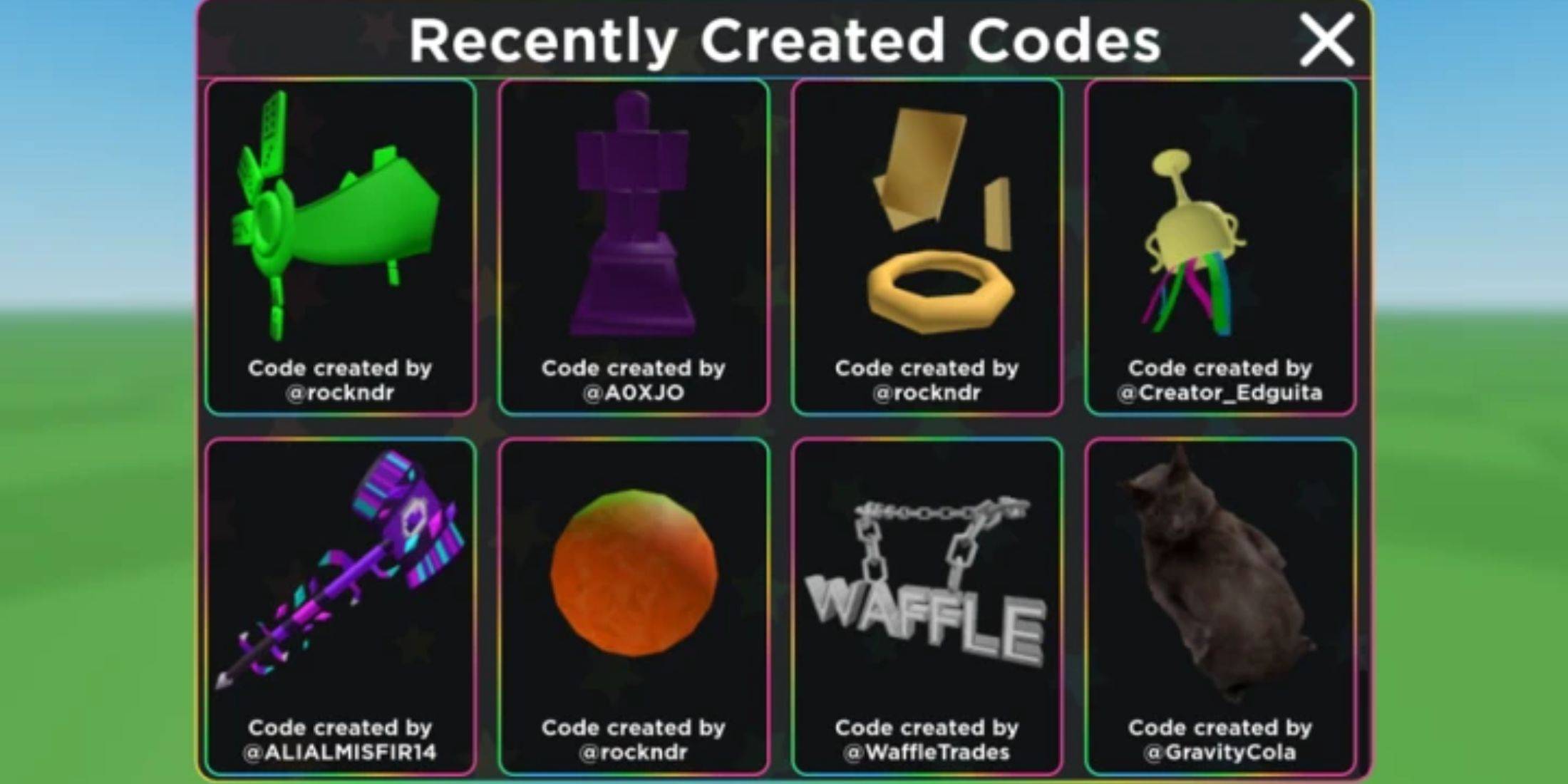
Roblox UGC Limited Codes Unveiled for January 2025
Jan 06,2025
-
3
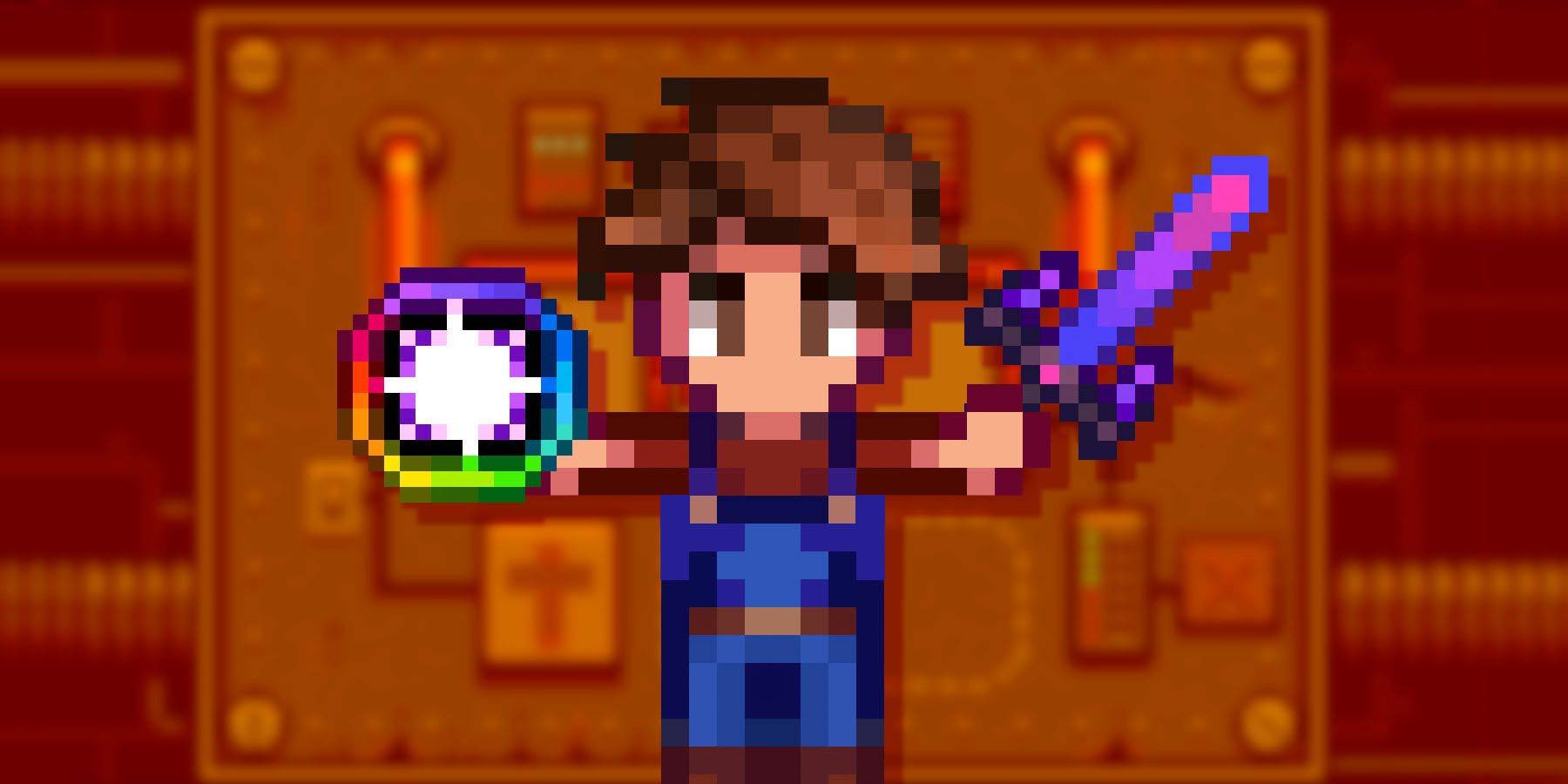
Stardew Valley: A Complete Guide To Enchantments & Weapon Forging
Jan 07,2025
-
4

Pokémon TCG Pocket: Troubleshooting Error 102 Resolved
Jan 08,2025
-
5

Free Fire Characters 2025: Ultimate Guide
Feb 20,2025
-
6
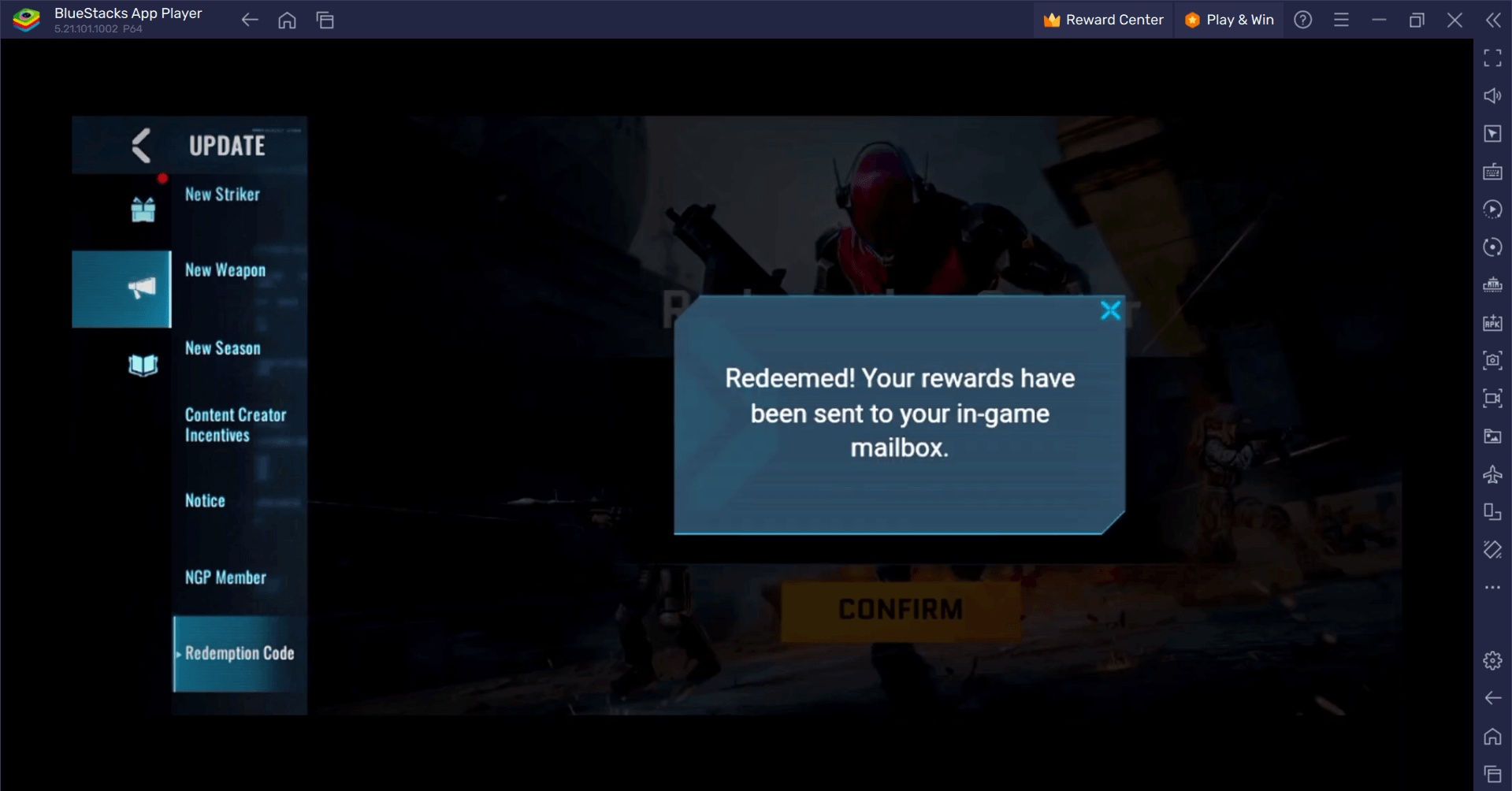
Blood Strike - All Working Redeem Codes January 2025
Jan 08,2025
-
7

Blue Archive Unveils Cyber New Year March Event
Dec 19,2024
-
8

Roblox: RIVALS Codes (January 2025)
Jan 07,2025
-
9

Cyber Quest: Engage in Captivating Card Battles on Android
Dec 19,2024
-
10

Delta Force: A Complete Guide to All Campaign Missions
Apr 09,2025
-
Download

A Simple Life with My Unobtrusive Sister
Casual / 392.30M
Update: Mar 27,2025
-
Download

Random fap scene
Casual / 20.10M
Update: Dec 26,2024
-
Download
![Corrupting the Universe [v3.0]](https://imgs.ksjha.com/uploads/66/1719514653667db61d741e9.jpg)
Corrupting the Universe [v3.0]
Casual / 486.00M
Update: Dec 17,2024
-
4
Ben 10 A day with Gwen
-
5
Oniga Town of the Dead
-
6
A Wife And Mother
-
7
Cute Reapers in my Room Android
-
8
Permit Deny
-
9
Utouto Suyasuya
-
10
Roblox

